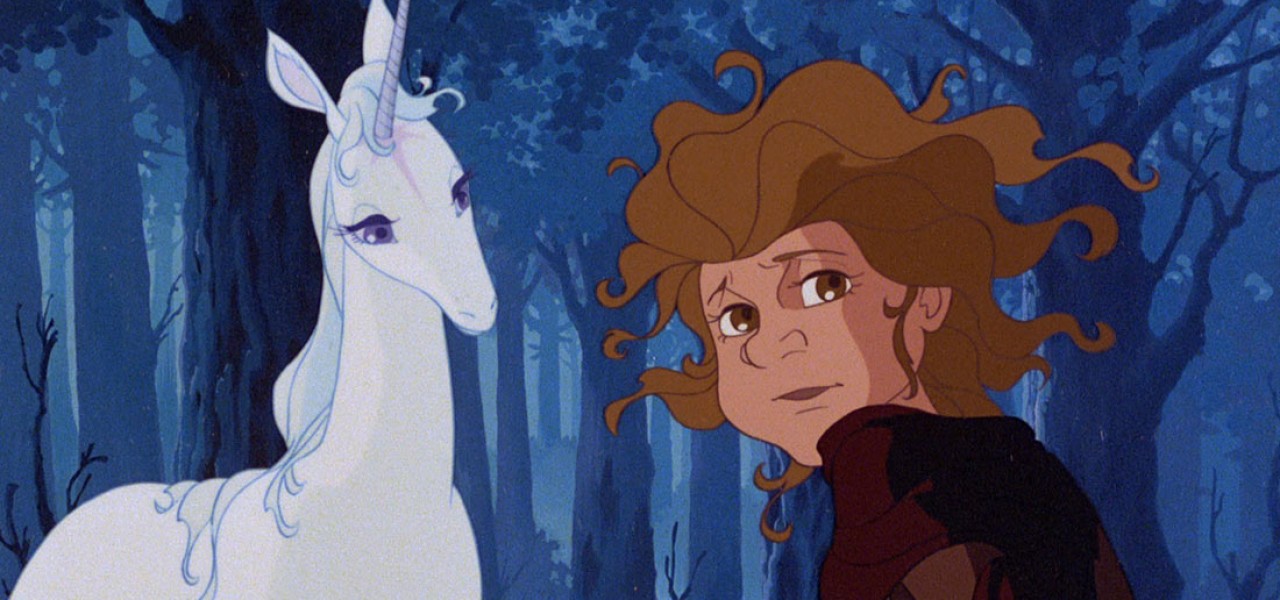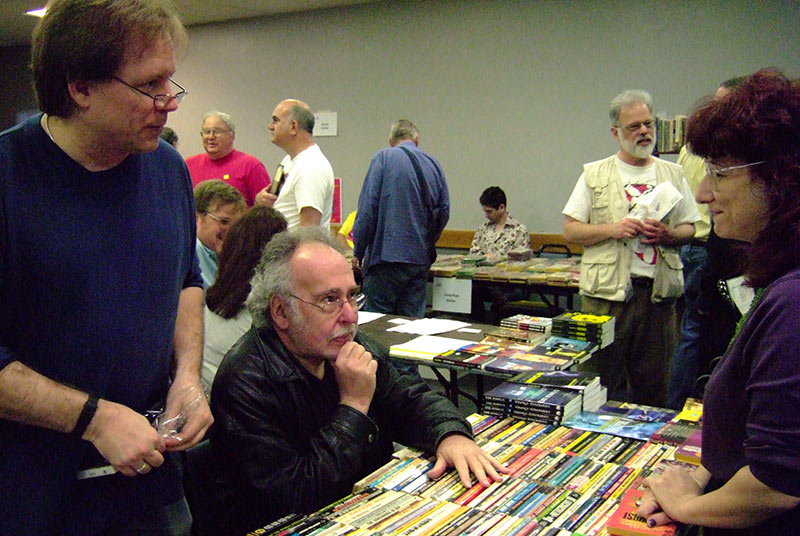

‘The Last Unicorn’ Scribe Peter S. Beagle Sues His Manager for Elder Abuse And Fraud
This past November, beloved novelist and screenwriter Peter S. Beagle, author of the fantasy classic, The Last Unicorn, filed suit against his business manager, Connor Cochran, alleging elder abuse, fraud, libel, slander, breach of contract, and conversion, among other claims.
Specifically, the 76-year-old Beagle alleges that Cochran violated his professional duty by fraudulently inducing Beagle to “transfer his intellectual property (IP) rights to a sham corporation;” that Cochran used Beagle’s IP for his own personal profit; and that Cochran tried to convince Beagle’s family and doctors that his “mental condition was compromised.” The lawsuit alleges that, when Cochran discovered Beagle was contemplating a lawsuit against him, he spitefully cancelled a European tour, costing Beagle significant financial losses, and defamed Beagle by trying to convince his children, friends, and doctor that he was an alcoholic.
Beagle — who also wrote screenplays for Rankin/Bass’ 1982 animated adaptation of The Last Unicorn and Ralph Bakshi’s rotoscoped version of J.R.R. Tolkien’s The Lord of the Rings — seeks damages of over $52 million.
In many ways, Beagle’s story — an artist, taken in by a con artist — is as classic as his writing. He admitted to having a “complete lack of business or financial acumen,” which has “long made him an easy target for those who would like to take advantage of his literary success.” Beagle’s writing career began in 1960, and The Last Unicorn, first published in 1968, became his greatest success, selling millions of copies in the decades since its release.
The author published more books over the ensuing years, in 2001 meeting Cochran, who convinced Beagle to hire him as his business manager. Thereafter, claims Beagle, Cochran assumed control of all of Beagle’s business affairs, setting up in 2005 a publishing company, Conlan, to handle Beagle’s publishing needs. Conlan claims to have delivered over 300,000 special Peter S. Beagle-related items to customers in 37 countries, and to have produced the successful San Francisco theatrical premiere of Giant Bones, a play based on four stories from Beagle’s book, The Magician of Karakosk.
Beagle noted that, despite this purported “success,” he “has lived hand-to-mouth” since Conlan’s inception.

In January 2008, Cochran convinced Beagle to found with him another company, Avicenna, to hold the intellectual property of Beagle and other authors. In exchange for equal partnership and a purported 50 percent share in Avicenna, Cochran cajoled Beagle into transferring his rights to his intellectual property, including rights to The Last Unicorn. According to Beagle, Avicenna subsequently failed to make required business filings — including a Statement of Information — did not have an operating agreement, never paid taxes, and was “eventually suspended from doing business in California in 2013.”
In April 2013, Cochran persuaded Beagle, by then in his mid-70s, to embark upon a personal appearance tour promoting The Last Unicorn’s revival. Cochran arranged a grueling schedule, which sometimes included staying with local fans rather than hotel accommodations. By May 2015, Beagle had personally attended nearly 300 screenings of The Last Unicorn in over 150 different cities, covering thirty American states and eight Canadian provinces.
On June 6, 2015, Beagle accidentally sent to Cochran an email meant for someone else, discussing the possibility of filing a lawsuit against Cochran for elder abuse. On June 15, Cochran wrote an email to Beagle’s children and friends, claiming that Beagle needed help because his mental condition was compromised.
Cochran cancelled the rest of the tour, announcing on its website that the cancellation was due to Beagle’s medical condition. Cochran also began to claim that Beagle was an alcoholic, and that his writing ability was “in tatters” as a result of his condition.
Beagle asserts that he is completely fine mentally and medically, and includes in the suit statements from doctors supporting his claim. But what Beagle will admit to is a dearth of “business or financial savvy.”
Failing to look out for his own best interest, he instead put his trust in someone he now believes to be a swindler. As a result, Beagle must now rely upon the American court system to return what he claims is rightfully his.
Although this is not the first time fraud allegations have been made against him, Cochran pleads innocent. His publishing company, Conlan, which has been the target of numerous lawsuits, has posted a statement characterizing the lawsuit as “frivolous,” claiming that Beagle’s children, concerned with their father’s situation, “intend to take control of Peter’s legal and medical affairs,” and hope to “get their father the support and help he needs.”

.png)